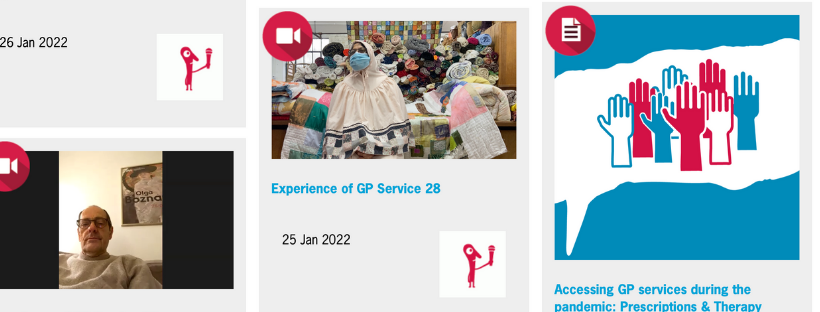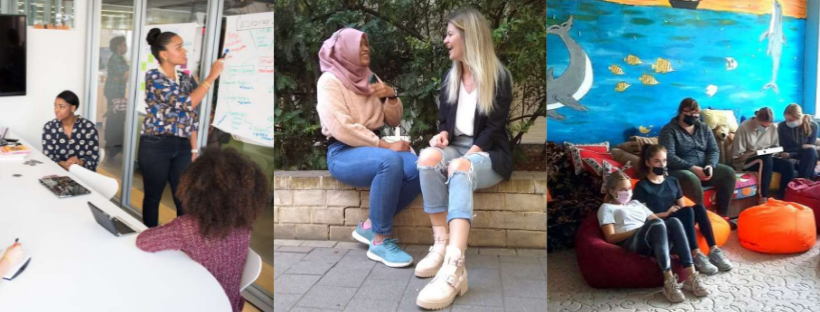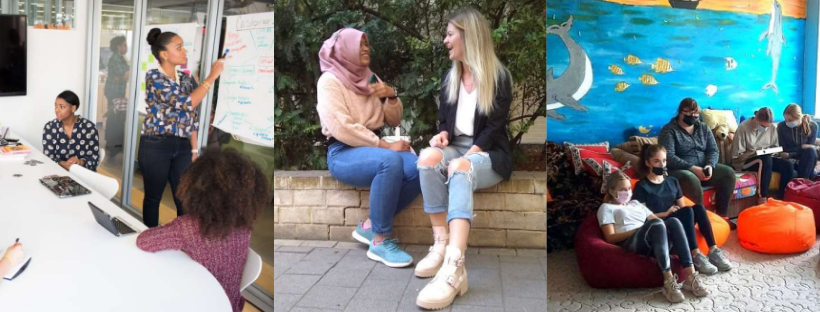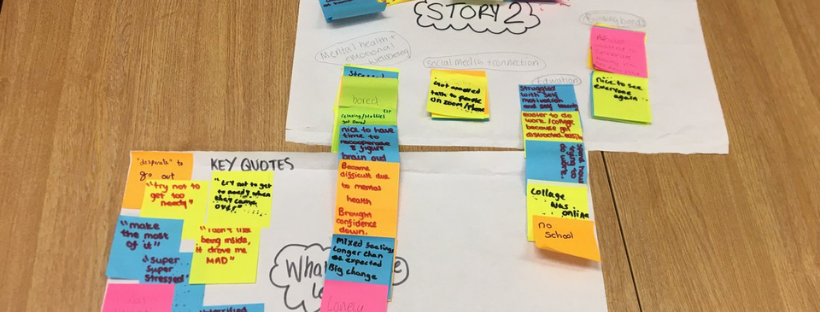LEARNING AS YOU SCALE – LAUNCH OF NEW GUIDE

Last year, People’s Voice Media teamed up with Genio and a team of experts within the social innovation arena to produce ‘Learning As You Scale’. This guide supports people and organisations involved in scaling social innovations to develop and embed a disposition to learn ‘as they scale’. We are now excited to be able to share this toolkit with you.
Social innovations aim to design and deliver solutions to social problems and seek to improve people’s lives and communities. They come in different shapes and sizes, including processes and practices, products and services. Such innovations usually start life as ‘pilots’ that are delivered outside of the wider system, market or environment already working to address a given socialproblem. Successful pilot innovations may then seek to ‘scale’ or ‘spread’ within or beyond their sectors, dependent on their initial results.
Learning As You Scale is not about the traditional formal post facto evaluation, rather it is about learning during a change process, system redesign or roll-out. This guide prompts social innovators to embark on the initial learning process in respect of one social innovation – and we hope that this will lead to a learning habit, becoming an essential part of the culture of an organisation or partnership leading multiple social innovations. Rooted in action research, this practical guide enables individuals and organisations working on social innovations to explore how they gather data and insights from their innovations, how they evaluate and assess these materials and how they can use these insights both within scaling plans and beyond.
Learning As You Scale focuses on supporting people working on social innovations which are scaling in complex change environments and are often addressing ‘wicked’ problems within the social sphere. This guide has been designed specifically for those involved in social innovations who are interested in involving the people for whom the innovation is designed to support within this scaling and learning process. It can be used by individuals and teams within these types of social innovations who occupy roles connected to evaluation, learning & development, and leadership, governance & strategy.
You can now download the full guide here: Learning As You Scale – Full Guide
Or download some key bitesized sections below:
- Scaling a social innovation? Measure your impact with… the PICO framework (Dr. Gorgi Krlev)
- Scaling a social innovation? Measure your impact with… Process Tracing (Dr. Gorgi Krlev)
- Scaling a social innovation? Measure your impact with… Lived Experience Storytelling (Dr. Hayley Trowbridge)
- Scaling a social innovation? Share your learning (Stephen Barnett)





